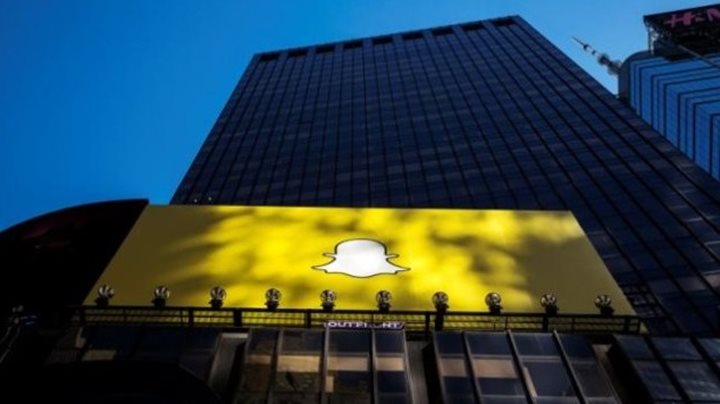Fears about declining user growth were circulating Snap, Inc. (NYSE:$SNAP) long before the company decided to go public. Snap filed their initial S-1 a few months before the Initial Public Offering, which illustrated that daily active user (DAU) growth was coming to a stop on a sequential basis. It’s surprising that concerns about a decrease in DAU did not stop Snap’s IPO from pricing at ridiculous valuation levels, since most investors interested in investing in technology learnt this lesson the hard way on Twitter, thus making them extra vigilant so that it does not occur again. As mentioned, this did not seem to worry the California-based company and this lack of concern set up investors for defeat.
Even though Snap’s first public earnings illustrated a slight improvement in sequential daily active user growth to 5%, anxieties still remain. Yesterday shares lost 4% on concerns that a decrease in user growth in Q2 could become worse.
Global downloads have decreased tremendously
According to mobile app analytics company, SensorTower, global downloads of Snapchat have dropped by 22% year over year in the first two months of Q2. Meanwhile, Instagram (who Facebook bought in 2012) saw global downloads increase significantly. This is a clear indication that Instagram copying Snapchat’s top features, such as stories and filters, is putting them at an advantage. That said, this should not come as a surprise to investors as there were already indications of this. For instance, Instagram Stories already have more daily active users than Snapchat.
The decline in downloads is most notable on the iOS App Store, where downloads have plummeted by 40%. This is likely because a difficult comparison, as Snapchat only released lenses in 2016 and most of their user growth is linked to the introduction of new features.
In the meantime, Snap Inc. is focusing on the remodeling of the Android app, as it has long been haunted by technical problems. CEO Evan Spiegel stated that, on the earnings call, Android users accounted for 30% of net additional users in Q1.
Has the time come to sell?
Nomura Holdings, Inc. (NYSE:$NMR), a Japanese financial holding company, is perhaps one of the more bearish firms in the world. They maintain a “reduce” (which is similar to a sell) rating and a price target of $14.
Additionally, Nomura is worried about the fact that the management team is already aware of how seasonality affects business. CFO Drew Vollero, for instance, said, “Sequentially, first quarter revenues were down 10% compared to Q4 2016. This anticipated decline was primarily driven by the expected seasonality from advertising, which comprises the bulk of our revenues.” Imran Khan, chief strategy officer, later noted that the business “will continue to face seasonality that we see on the broader advertising market.”
The fact that Snap Inc. is already feeling the blow of seasonality raises a number of concerns as small companies that are supposed to be in hyper-growth mode shouldn’t be as affected by seasonal factors.
Featured Image: twitter











